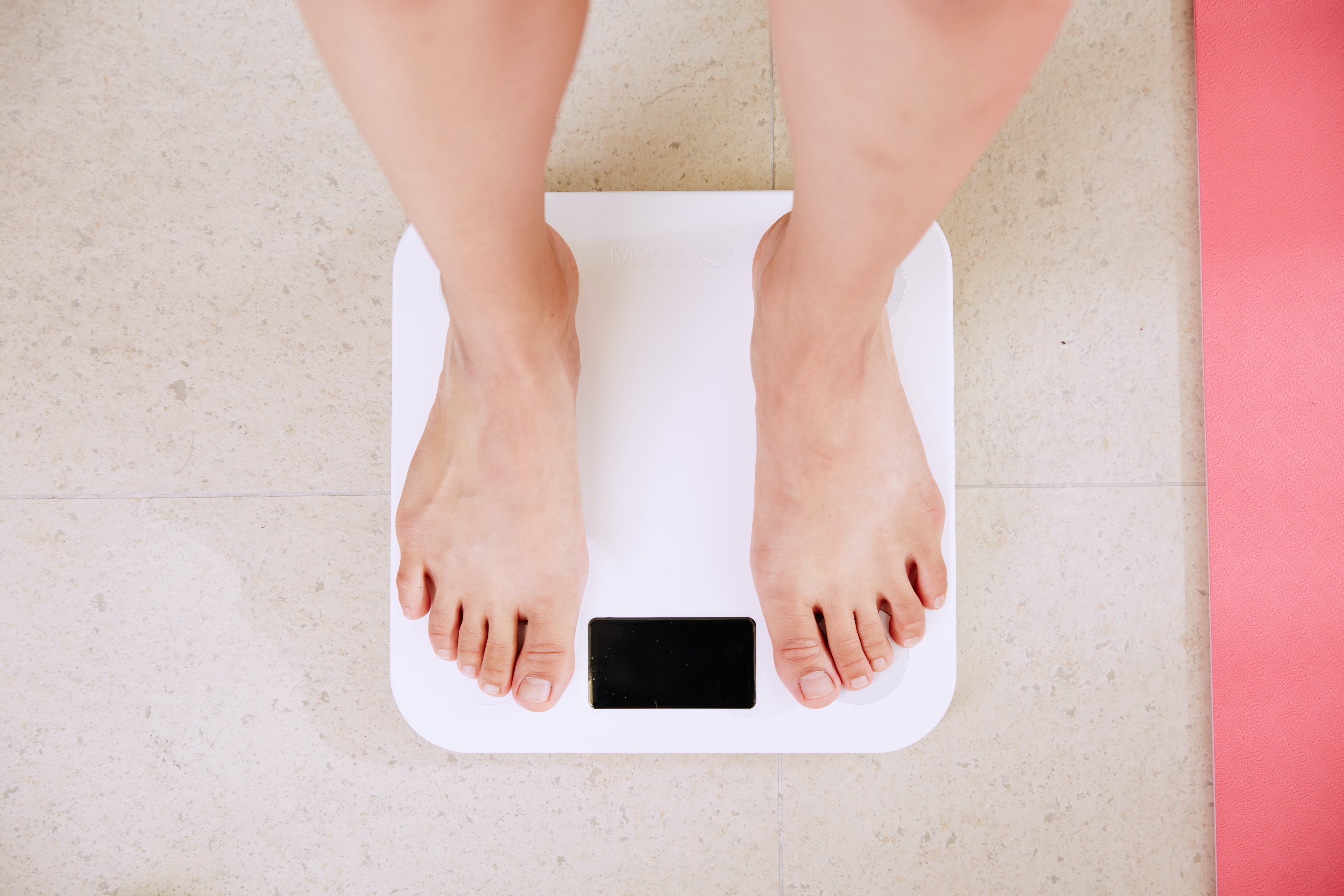News release
From:
Many adults inaccurately perceive their own BMI and body size
Less than two thirds of adults can correctly estimate their own body mass index (BMI) and less than half can identify their own body size, according to a study of 744 Polish adults published in Scientific Reports.
Wojciech Gruszka and colleagues calculated the adults’ BMIs between 2010 and 2011 and compared this to participants’ estimates of their own BMI and body size. Participants, who were 36 years old on average and of whom 60.7% were women, also reported how satisfied they were with their bodies. 21 participants had an underweight BMI (below 18.5 kg/m2), 326 had a healthy BMI (between 18.5 and 24.9 kg/m2), 221 had an overweight BMI (between 25.0 and 29.9 kg/m2) and 176 had an obese BMI (above 30.0 kg/m2).
The authors found that 63.5% participants correctly estimated their own BMI and 49.5% correctly estimated their own body size. They also found that participants frequently underestimated their own BMI and body size. 17.6% of those with a healthy BMI estimated that they had an underweight BMI, 14.3% of those with an overweight BMI estimated that they had a healthy BMI and 41.6% of those with an obese BMI estimated that they had an overweight BMI. 39.8% of those with a healthy body size estimated that their body size was underweight, 35.7% of those with an overweight body size estimated that they had a healthy body size and 49.9% of those with an obese body size estimated that their body size was overweight. Only a quarter (25.4%) of participants reported that they were satisfied with their current body size and 65.7% reported wanting their body to be smaller. Men were significantly more likely than women to underestimate their own BMI and body size, and to be satisfied with their body size.
The authors suggest that the increasing prevalence of obesity and the stigma associated with it may make adults more likely to underestimate their own BMI and body size. Further research is needed to investigate whether psychological interventions addressing body size perceptions could help people better manage their weight, they add.



 International
International



